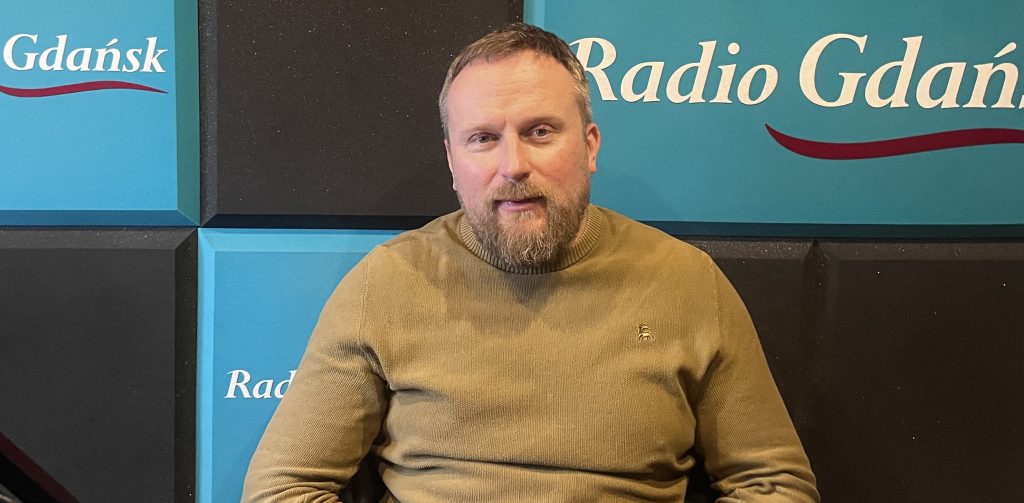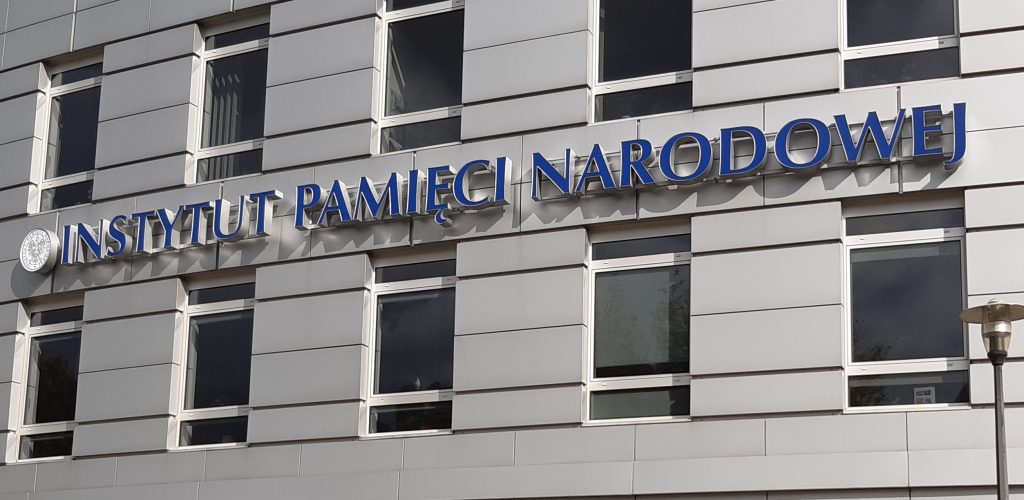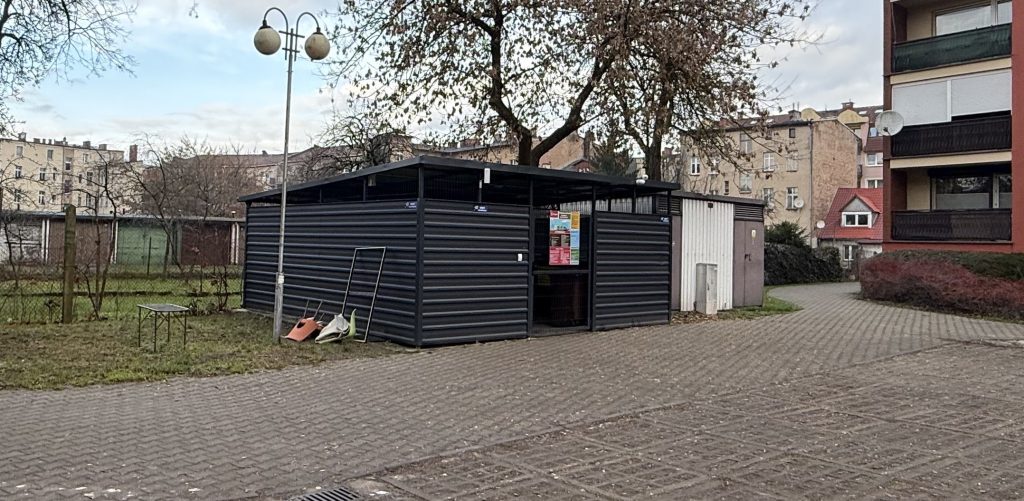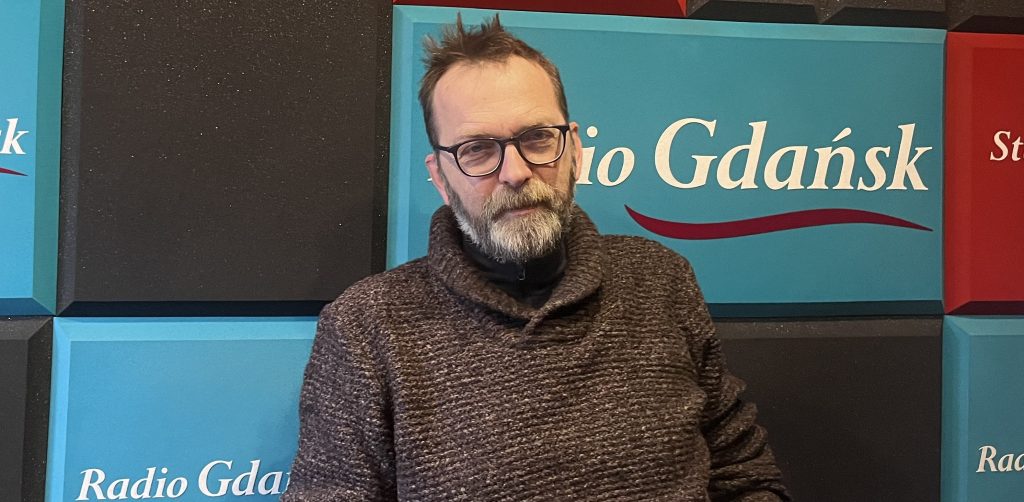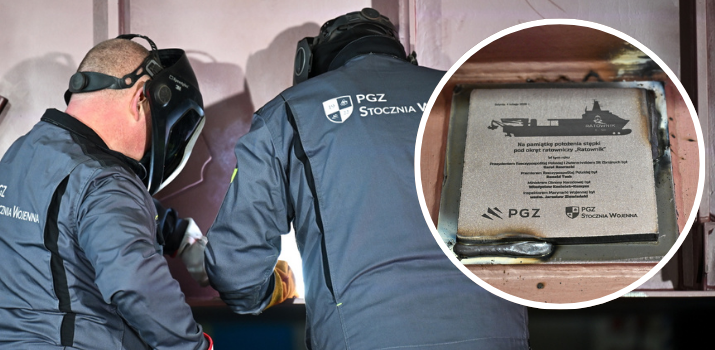Ukraine has announced it will introduce mandatory quarantine for all people arriving in the country from Poland.
The Ukrainian government added Poland to its list of „red zone” countries, those with a high level of coronavirus contagion. Germany, Russia, the Czech Republic and Hungary are also on the list.
The rules apply to anyone staying in Poland in the 14 days prior to arrival in Ukraine.
An exception is made for children under 12 and those transiting through Ukraine for onwards travel.
The rules don’t apply to diplomatic staff, drivers of buses and lorries, and crews of trains, aircraft, and sea vessels.
The news comes as the World Health Organisation warned there might not be a „silver bullet” against coronavirus, but added that outbreaks could be contained with basic public health and disease control methods: testing, isolating the infected and quarantining their contacts.
The European Union has commissioned the first of a new network of satellites to monitor global CO2 emmisions.
The CO2M programme will initially include two Sentinel satellites monitoring carbon dioxide and other greenhouse gases around the world.
It’s part of the EU’s Copernicus Earth Observation programme, which tracks changes in the planet’s climate and ecosystems.
The €445 million euro contract to build the satellites was awarded to OHB-System, a German aerospace manufacturer.
The new network is due to be launched in 2025 ready to help with an international study of greenhouse gas emissions in 2028.
The Polish government has announced plans to reorganise the country’s three main energy companies with the goal of reducing coal usage.
Quoted in the daily newspaper Gazeta Prawna, Deputy Prime Minister Jacek Sasin said the government plans to restructure the three major state-owned energy firms, PGE, Enea, and Tauron, into two new groups.
One group would focus on coal-based energy while the other focused on other energy sources, including wind, solar, and even nuclear power.
Mr Sasin said the government was consulting the European Commission about the plans. Poland is currently the only EU country not committed to eliminating coal use by 2050, largely due to its heavy dependence on existing coal-based infrastructure.
The new plans could be the next step towards reducing that dependence, with Deputy PM Sasin adding that Poland will likely stop burning coal sometime in the 2050s.
In Gdansk, a new exhibit is shedding light on the difficult history of the Free City of Danzig.
The Free City of Danzig, known today as Gdansk, existed for 19 years between the First and Second World Wars. Founded in 1920 after World War One, this year marks 100 years since the city-state’s foundation.
The exhibit at the Gdansk Museum, entitled „an unwanted compromise” looks to explain the complex reasoning behind the creation of the free city.
The city of Danzig, which was overwhelmingly German but was needed as a Polish sea port, instead became an independent state in a customs union with Poland.
It was a compromise which would eventually implode when German troops marched into the city to reclaim it, beginning the Second World War.
If you’d like to discover the history behind the Free City and its world-changing legacy, the „unwanted compromise” exhibition can be found at the Gdansk Museum in the old Town Hall on Długi Targ.
It’s open until November 22nd and tickets cost 16zl.
You can also visit the Free City of Danzig Museum, also on Długi Targ, by the Green Gate.
Weather:
Remaining cloudy into this afternoon with a chance of rain. Temperatures today getting upto about 19°C, 66°F.
Clearing up later on this evening with a bright start tomorrow morning.

